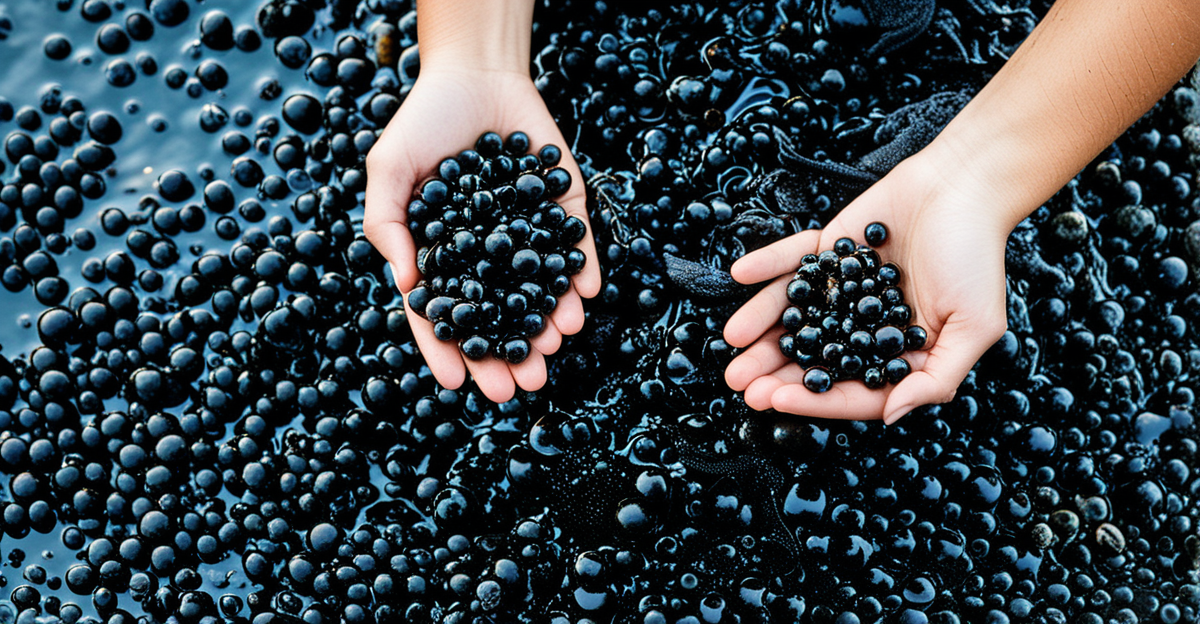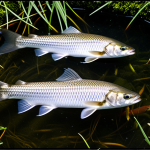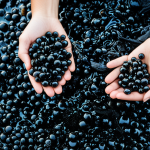New Scientific Approaches to Marine Restoration After Oil Spills
Recent UK scientific breakthroughs have transformed innovative marine restoration after oil spills, focusing on resilience and ecological balance. Researchers have developed pioneering restoration strategies tailored to oil spill-impacted environments, which emphasize rapid recovery while minimizing further disruption.
Experimental marine techniques now being trialed include advanced bioremediation approaches using genetically enhanced microbes designed to accelerate hydrocarbon breakdown. These microbes specifically target oil contaminants, reducing toxicity more effectively than traditional methods. Additionally, UK teams are integrating nature-inspired solutions such as biofilm augmentation and native flora reintroduction to stabilize sediments and encourage marine life return.
A voir aussi : Reviving Water Vole Populations: Innovative Strategies to Enhance Their Natural Habitats Across the UK
Some experimental methods employ autonomous underwater vehicles fitted with sensors and dispersal mechanisms to apply treatments precisely where needed, optimizing restoration impact. Meanwhile, innovations also focus on real-time environmental monitoring, enabling adaptive management throughout the restoration process.
In summary, the UK’s experimental marine techniques demonstrate considerable promise by combining technology with ecological knowledge. They prioritize sustainable recovery and pave the way for future enhancements, setting new standards for post-spill restoration worldwide. These approaches address key challenges of oil spill remediation through scientific rigor and practical innovation, making them valuable assets for environmental protection efforts.
En parallèle : Essential Fish Varieties for UK Ponds: Enhance Your Local Ecosystem with These Perfect Picks
Specific Restoration Techniques Developed by UK Researchers
Recent UK marine scientists have pioneered restoration techniques that blend bioremediation with nature-based methods, targeting oil spill-impacted environments. One key approach involves deploying genetically modified microbes that accelerate hydrocarbon degradation, enhancing oil breakdown naturally and minimizing environmental toxicity. These innovative bioremediation methods are tailored to local ecosystems, ensuring effectiveness without disrupting native species.
Complementing microbial strategies, UK researchers employ habitat reconstruction techniques such as artificial reefs. These structures provide essential shelters and substrate for marine life, promoting recolonization and ecosystem stabilization post-spill. By recreating natural habitats, these rehabilitation methods help restore biodiversity and ecological function that oil spills impair.
Additionally, mobile laboratories and rapid-response restoration kits are now integral to UK projects. These tools enable on-site assessment and immediate application of tailored treatments, drastically reducing response times. The combination of scientific innovation and practical deployment exemplifies the comprehensive nature of UK environmental innovation in marine restoration. This fusion results in adaptive, resilient responses that address diverse challenges presented by oil spills efficiently and sustainably.
New Scientific Approaches to Marine Restoration After Oil Spills
Recent UK scientific breakthroughs have introduced experimental marine techniques that revolutionize innovative marine restoration for oil spill-impacted environments. These approaches are built on detailed ecological understanding and cutting-edge technology, designed to accelerate natural recovery processes while reducing environmental harm.
One pioneering strategy is the use of genetically enhanced microbial strains that specifically target and break down complex hydrocarbons found in oil spills. These microbes increase degradation rates significantly compared to conventional bioremediation, enabling faster detoxification of affected waters. UK research teams are also testing biofilm augmentation, which promotes the growth of protective microbial layers on sediments, enhancing sediment stability and preventing erosion caused by oil contamination.
Further experimental methods include autonomous underwater vehicles equipped with sensors and dispersal modules that can monitor oil concentration and deploy treatment agents precisely where required. This precision application minimizes chemical use and enhances restoration efficiency. Additionally, integrated real-time environmental monitoring systems provide adaptive management capabilities, allowing restoration efforts to be adjusted dynamically based on evolving site conditions.
Together, these innovative marine restoration techniques from the UK exemplify a rigorous, science-driven response to oil spills, combining experimental marine techniques with ecological principles to restore marine ecosystems effectively.
New Scientific Approaches to Marine Restoration After Oil Spills
The latest UK scientific breakthroughs in innovative marine restoration target oil spill impacts with remarkable precision. UK research teams have developed experimental marine techniques that blend biological, technological, and ecological methods, forming adaptive strategies for effective recovery. These pioneering approaches are specifically engineered for oil spill-impacted environments, emphasizing rapid detoxification while preserving ecosystem integrity.
Key among these techniques is the deployment of genetically enhanced microbes that accelerate hydrocarbon degradation. Unlike traditional bioremediation, these microbes are tailored to the chemical complexity of oil spills, ensuring more complete and faster breakdown of pollutants. Additionally, biofilm augmentation supports sediment stability by fostering microbial communities that protect substrates from erosion—a critical factor in maintaining habitat quality after contamination.
UK scientists also employ autonomous underwater vehicles equipped with sensors and dispersal modules. These vehicles monitor oil concentrations in real-time and deliver treatments with pinpoint accuracy. This precision reduces chemical loads and enhances restoration outcomes by targeting affected zones specifically. Together, these experimental marine techniques represent a synthesis of UK scientific breakthroughs, offering a comprehensive, scalable model for innovative marine restoration worldwide.
New Scientific Approaches to Marine Restoration After Oil Spills
Recent UK scientific breakthroughs focus on innovative marine restoration by deploying experimental marine techniques tailored to the unique challenges presented by oil spills. These approaches prioritize specificity and adaptability to rapidly detoxify ecosystems while preserving marine biodiversity.
One notable advancement involves genetically enhanced microbes engineered for heightened efficiency in hydrocarbon degradation. Unlike conventional methods, these microbes degrade complex oil compounds more completely and swiftly, minimizing residual toxicity. In parallel, UK research incorporates biofilm augmentation to reinforce sediment stability. This technique cultivates protective microbial layers vital for preventing erosion, thereby supporting habitat integrity post-spill.
Precision delivery methods also stand out among these experimental marine techniques. Autonomous underwater vehicles equipped with advanced sensors monitor oil distribution in real time and deploy treatments with pinpoint accuracy, reducing chemical usage and environmental impact. This integration of technology and ecology embodies the core of UK scientific breakthroughs, merging data-driven monitoring with adaptive restoration.
Together, these innovative marine restoration methods demonstrate a pragmatic variety of solutions that address the multifaceted effects of oil spills. They enable dynamic responses that optimize remediation outcomes while supporting ecosystem resilience, advancing the field of marine environmental recovery.











